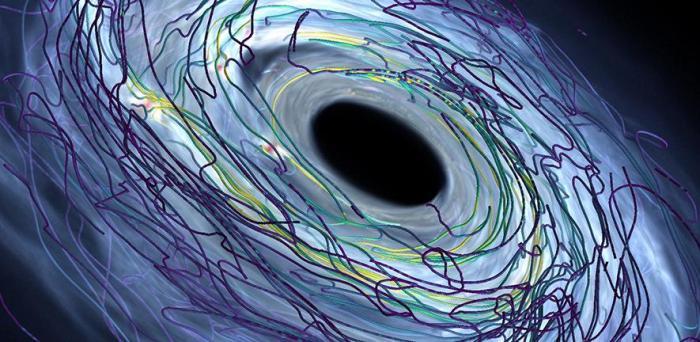In the past 25 years, scientists have discovered over 4000 planets outside our solar system. From relatively small rock and water worlds to blisteringly hot gas giants, these planets display a remarkable variety.
This variety is not unexpected. The computer models which scientists use to study the formation of planets predict this variety as well. What the models struggle to explain is the observed mass distribution of exoplanets.
The majority fall in the intermediate-mass category – planets with masses of several Earth masses to around that of Neptune. Even in our own solar system, the formation of Uranus and Neptune remains a mystery.
Now, scientists from the Universities of Cambridge and Zurich, associated with the Swiss NCCR PlanetS, have proposed an alternative explanation. Their results are published in the journal Nature Astronomy.
“When planets form from the so-called protoplanetary disk of gas and dust, gravitational instabilities could be the driving mechanism,” said co-author Professor Lucio Mayer from the University of Zurich.
In this process, dust and gas in the disk clump together due to gravity and form dense spiral structures. These then grow into planetary building blocks and eventually planets.
The scale on which this process occurs is very large – spanning the scale of the protoplanetary disk. “But over shorter distances – the scale of single planets – another force dominates: That of magnetic fields developing alongside the planets,” said Mayer.
These magnetic fields stir up the gas and dust of the disk and influence the formation of the planets.
Image: Artist's impression of the protoplanetary disk with magnetic field lines
Credit: Jean Favre/CSCS
Reproduced courtesy of the University of Cambridge
